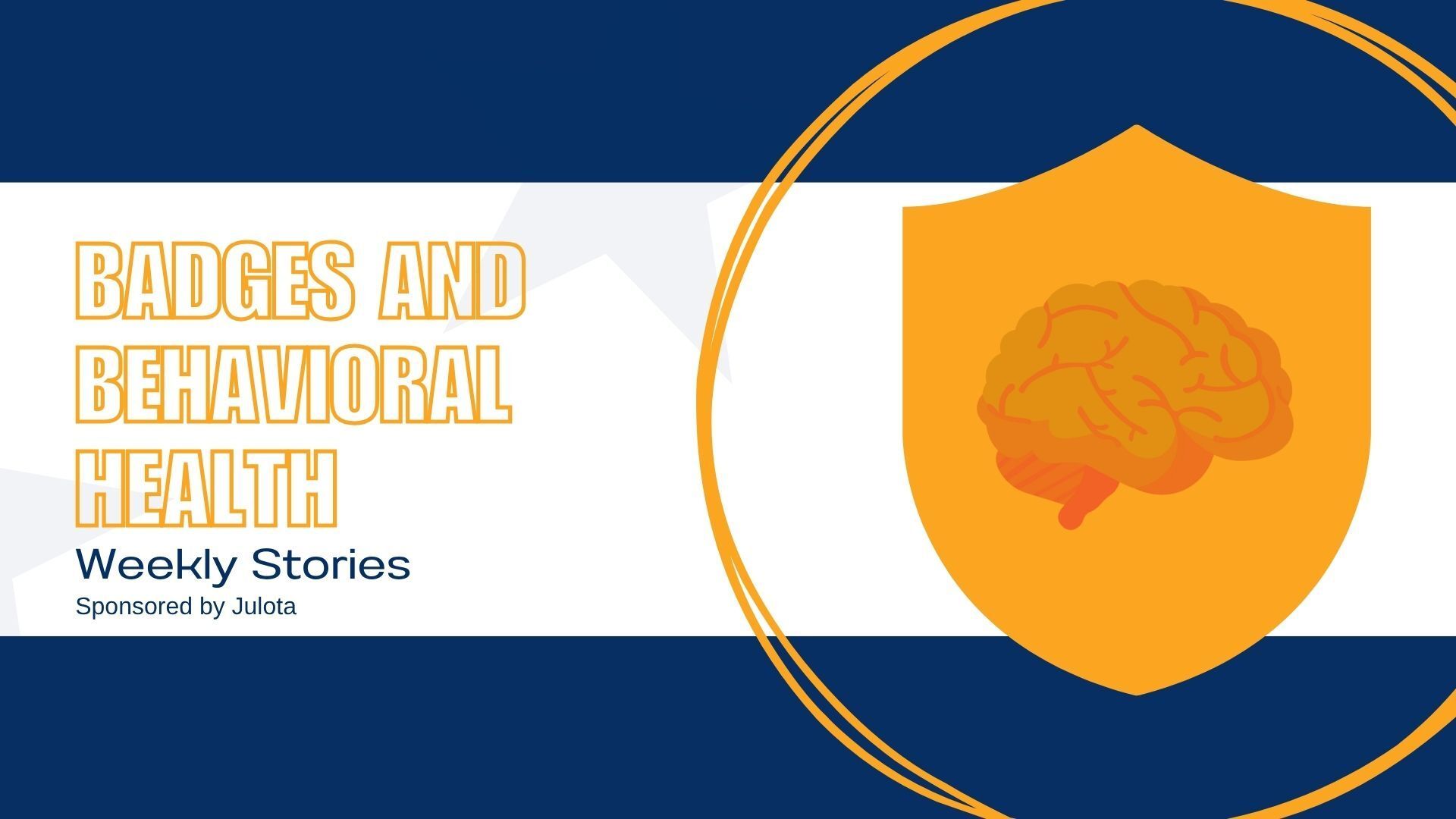
Today’s Brief:
Substance Abuse Response Briefs
Lowell Police, Skyla Insogna, Brings Mental Health Care to the Front Lines
Cleveland Builds Trust Through Non-Police Crisis Response Teams That Meet Residents Where They Are
Social Briefs
Total Read Time: 2 Minutes
👮 Substance Abuse Response Briefs
Mobile Outreach Goes Local: Boston Brings Addiction Support Directly into Hard-Hit Neighborhoods
A new collaboration between the Roxbury Recovery Center and Mass General Brigham is launching mobile clinics and on-the-ground outreach to deliver addiction support right where it's needed in Boston's most affected neighborhoods. This effort is designed to lower barriers to care, foster community trust, and provide targeted, accessible treatment to those facing the greatest challenges.
Rapid Response Team Helping Drive 23% Drop in Overdose Deaths in Western Massachusetts
Hampden County’s “Rapid Response and Connection Team,” part of the Addiction Taskforce, has helped reduce fatal overdoses by 23%, from 52 last year to 40 in the first half of 2025. The team has conducted over 2,200 outreach attempts, with more than 1,300 successful contacts, connecting 231 individuals to treatment and delivering timely, compassionate support within 24–72 hours of non-fatal overdose events
Ohio Sheriff’s Department Deploys New Opioid Response Team with $50K Boost
Monroe County, Ohio, has launched a new Opioid Response Team thanks to a $50,000 Law Enforcement Diversion grant from the Ohio Attorney General’s Office, as announced by Sheriff Derek Norman on July 25, 2025 . This funding marks a significant step toward enhancing rapid response and intervention efforts in combating the opioid epidemic across the county.
Sponsored by: Julota
Julota empowers smarter crisis responses by simplifying and streamlining Law Enforcement and Behavioral Health programs. By integrating hospital, EMS, and social services data into a centralized platform, it enables seamless, secure, and HIPAA-compliant collaboration. Automated reporting ensures compliance, while customizable workflows address community-specific needs. With actionable insights, teams can improve outcomes and secure greater funding, making Julota the only software purpose-built to bridge law enforcement and behavioral health with compassion and efficiency. |
Since June 2025, Skyla Insogna, a masters-level mental health clinician with Advocates, has been riding along with Lowell Police to respond directly to behavioral health crises. The program diverts individuals from unnecessary emergency room visits or arrests, saving the city significant costs while ensuring people receive care on scene. Since its launch in 2021, Lowell’s co-response program has carried out more than 1,400 interventions, including 302 ER diversions and 148 arrest diversions. This year alone, the program has already saved over $250,000 in avoided hospitalizations and arrests. Advocates’ broader co-response initiative has embedded clinicians in 23 police departments across Massachusetts, reducing involuntary commitments and strengthening police–community trust. For Insogna, the role is about human-to-human connection, showing residents that help is available without stigma or criminalization.
👮 Cleveland Builds Trust Through Non-Police Crisis Response Teams That Meet Residents Where They Are
Cleveland has implemented a pilot co-response program, pairing licensed mental health clinicians with police officers to safely address mental health and substance-use crises—part of sweeping reforms prompted by a 2012 police shooting and a federal consent decree. Funded by a three-year Bureau of Justice Assistance grant awarded in 2020, these clinician–officer teams aim to soften the law enforcement dynamic in volatile situations, with clinicians often arriving in plain clothes to reduce anxiety and help de-escalate crises.
The city also established a Mental Health Response Advisory Committee to guide training, policy, and police understanding of mental health issues. Simultaneously, suburban areas implemented the First CALL program—Crisis Assistance and Local Linkage—which dispatches behavioral health clinicians and peer support specialists for mental health or substance-related emergencies, followed by a dedicated follow-up team to help clients navigate post-crisis care. Through the innovative approach and continued funding into 2025, Cleveland’s response model is reshaping public perception—transitioning from skepticism toward viewing non‑police interventions as a vital component of community safety and care.




Social Media Briefs